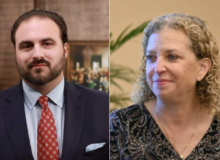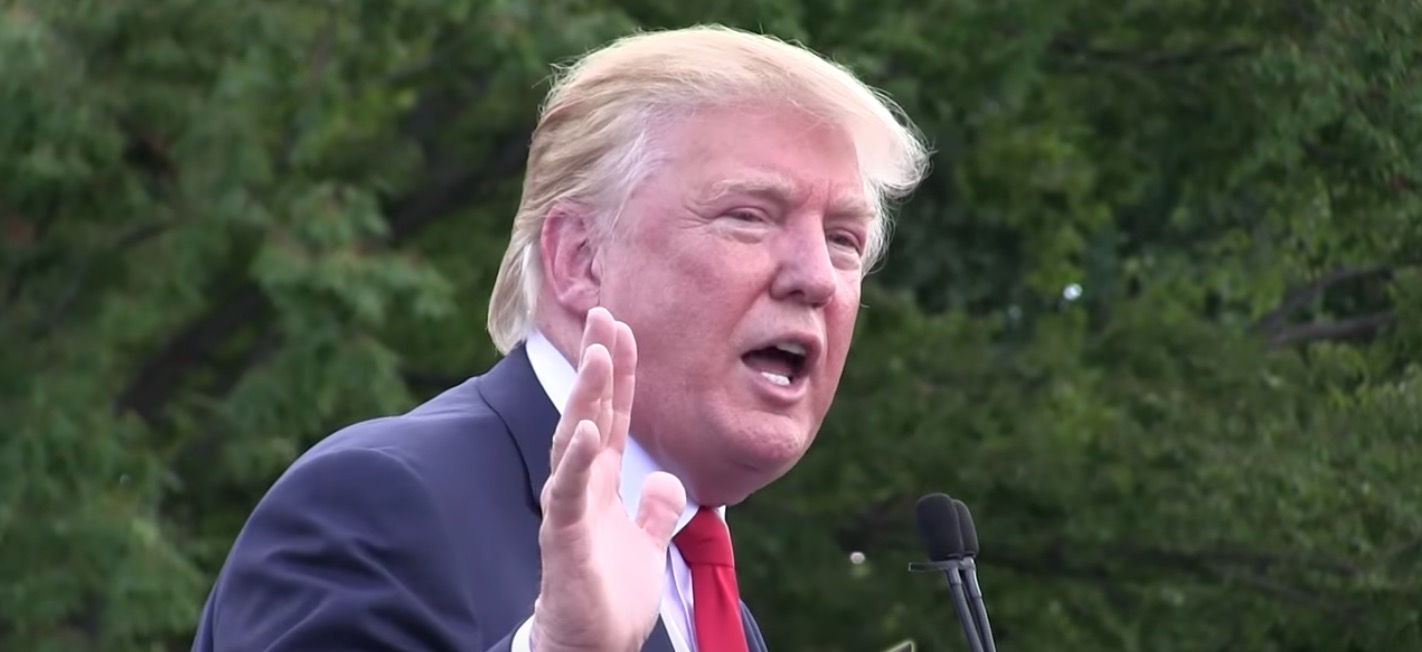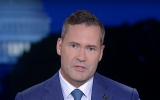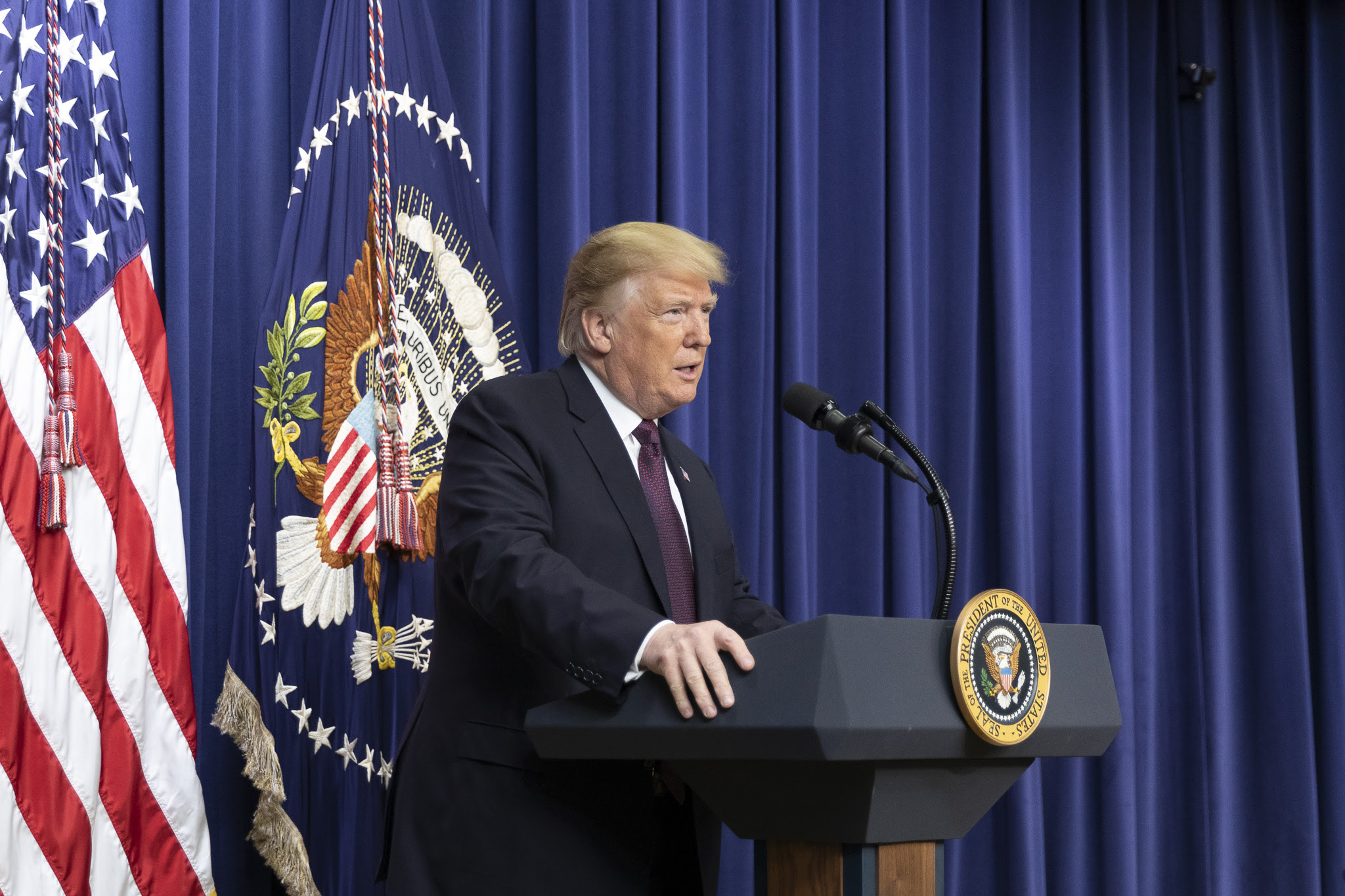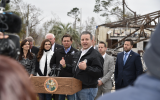
Senator Marco Rubio (Shark Tank Media)
By Javier Manjarres
U.S. Senator Marco Rubio sits on both the Senate Foreign Relations Committee and Intelligence Committees and he’s savvily using both of these platforms to boost his national profile in advance of a possible presidential run in 2016.Rubio’s latest critique of the Obama administration highlights the systemic failures and failed leadership in the prelude to the attack on the U.S. consulate in Benghazi and its ensuing coverup.
In a piece entitled “The lessons of Benghazi”, Rubio criticized the inadequate security measures that were employed at the Benghazi consulate and its reliance on local militias whose loyalties was suspect, at best. Rubio also gave his take on the current state of Syria, indicating that the repressive Assad regime in Syria could be on the verge of collapse and warning that security measures must be tightened if the U.S. is to have an effective presence in Syria and other “high risk” and “volatile countries like Pakistan.” Rubio warns that if the Obama administration fails assume a leadership role in a post-Assad Syria, it would create a “security vacuum” that will be filled by Islamic Extremists who would seize the opportunity to impose their radical ideology throughout the country.
Do you think the 2nd Amendment will be destroyed by the Biden Administration?(2)
Rubio also sent warning shot of sorts towards our currently missing-in-action Secretary of State Hillary Clinton, saying that he was “taking her word” for it when she stated she would ultimately take “full responsibility for the events in Benghazi.” Rubio said that Clinton should “explain why her department failed to adequately secure the U.S. Special Mission Compound in Benghazi.”
Here is Rubio’s full post at Fox News-The report of the Accountability Review Board investigating the terrorist attack on U.S. facilities in Benghazi concisely lays out much that we already knew: this was the premeditated work of terrorists, not a protest about a YouTube video that spun out of control; the attackers employed military tactics and used rocket-propelled grenades and other heavy weapons; they also used simple weapons of opportunity, such as gasoline used to set the fire that killed Ambassador Chris Stevens and Sean Smith.
The report also confirmed that the Libyan government was totally incapable of providing security for U.S. facilities in Benghazi and was barely even in control of much of that city and its environs. The State Department’s naïve reliance on local militias of questionable capacity and uncertain loyalty was, in retrospect, a grave mistake. This was especially true given the recent history of high-profile anti-Western attacks in Benghazi, including one against the U.S. compound, as well as a vast body of intelligence that pointed to deteriorating security conditions in eastern Libya.
That we operated with a skeleton staff in such a precarious environment is clear evidence that we failed to connect the dots. That is a mistake we simply can’t afford to make again – in Libya or anywhere else with an American diplomatic presence. The State Department must adjust the security posture of diplomatic facilities in high-risk regions based on responsible, timely analysis of the best information available. We can no longer expect to rely primarily on host nations to protect American diplomats in all parts of the world.
We can no longer expect to rely primarily on host nations to protect American diplomats in all parts of the world.
Conducting U.S. diplomacy abroad is not without risks, and I strongly believe we must continue to represent the interests of the United States in difficult regions. In strategically important but volatile countries like Pakistan – or potentially a post-Assad Syria – it is crucial that the U.S. have an active diplomatic presence. We must be clear-eyed, however, about the dangers our people face in these places and, as the Accountability Review Board notes, we must be able to protect our own people. We can do this by reforming the Bureau of Diplomatic Security to ensure that it is agile, responsive and accountable.Perhaps most concerning is that the report points to specific failures in the State Department’s chain of command. The Board’s co-chairs have assured us that Secretary Clinton supports their findings and recommendations, and informed us that four senior officials have resigned following the release of the Board’s report. However, questions still remain about why higher level officials in the Department, who were actively overseeing America’s relationship with the new Libyan government less than a year after the death of Muammar Qaddafi, could have been unaware about the security situation in Benghazi and not done more to protect U.S. personnel and facilities there.
Last month, while on a trip to Peru, Secretary Clinton said she that she took full responsibility for the events in Benghazi. I take her at her word. As the nation’s top diplomat, she should therefore appear before the Senate Foreign Relations Committee in both open and classified hearings to discuss the Accountability Review Board’s findings. She should explain why her department failed to adequately secure the U.S. Special Mission Compound in Benghazi and what her personal level of knowledge was of Libya security deficiencies, warnings about which Deputy Secretary of State William Burns testified were circulated to the highest levels of the State Department, presumably including Secretary Clinton. More importantly, Secretary Clinton should elaborate on how the State Department plans to fix the broad systemic failures that the Board identified.
The lessons of this tragedy can be applied far beyond Libya, with the ultimate goal of protecting our diplomats in challenging environments.
Someday soon, I hope President Bashir al-Assad will no longer rule Syria and that the Syrian people will have a chance to rebuild their country. Unfortunately, in the same way that America’s delayed engagement in Libya ultimately allowed a security vacuum to be filled and exploited by extremists and militias, the consequences of the Obama administration’s failures in Syria could be even more pronounced and our interests even more threatened. The tragic irony will be that, just as the Syrian people need the U.S. most in rebuilding a post-Assad Syria, the dangerous security conditions that have been festering might very well prohibit us from having an adequate diplomatic presence. That’s why learning the lessons of Libya, identifying the needed reforms and applying them across our diplomatic corps is so critical.
The current administration unfortunately now has a record of frequently “leading from behind” and standing on the sidelines as America’s enemies exploit our inaction. Hopefully one lesson of Benghazi will be that we need to fundamentally rethink this mistaken approach to foreign policy.When the 113th Congress convenes in January, it will be crucial that we have a sustained conversation about the policies that led to Benghazi and that we enshrine in legislation necessary changes to diplomatic security, and provide the requisite funding to make crucial U.S. overseas facilities and personnel secure. We owe our country and our deployed personnel that much. –Fox News
Please share the post below. Thanks.
Related: Rubio Grills State Department
Rubio Says Clinton ‘Ultimately Responsible’ for Benghazi




